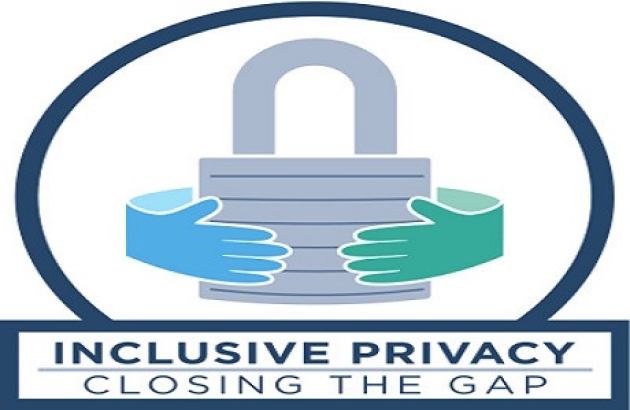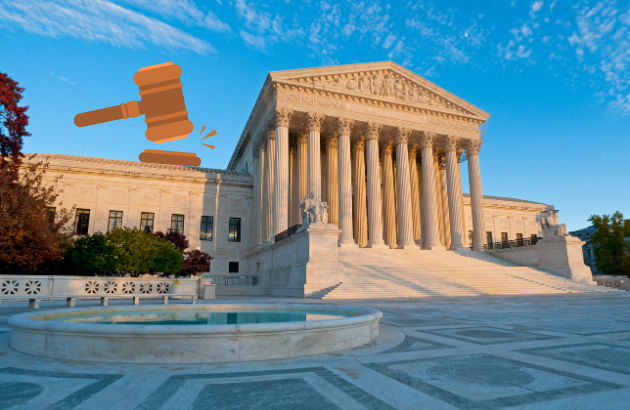Blog
Choose Privacy Week
From May 1 - 7, the Intellectual Freedom Committee of the American Library Association is celebrating Choose Privacy Week. Choose Privacy Week “promotes the importance of individual privacy rights and celebrates libraries and librarians’ unique role in protecting privacy in the library and in society as a whole."
This year’s theme for Choose Privacy Week is “Inclusive Privacy: Closing the Gap.” The theme “draws attention to the privacy inequities imposed on vulnerable and historically underrepresented populations and highlights how libraries can close the privacy gap for those who need it most.” One way that Jenkins aids the privacy of underrepresented populations is through our service to self-represented litigants. We provide a space where self-represented litigants, members, and other researchers can exercise their right to open inquiry without scrutiny from others.
Privacy has also become an increasingly prevalent issue as the public has become more digitally connected. Identifiable personal details often fall into the hands of companies who collect consumer data. For information on Privacy in the digital age, check out “A Twenty-First Century Framework for Digital Privacy” from the National Constitution Center. This series of white papers “...consider the future of the Fourth Amendment in the digital age, reflect on the challenges that new technologies pose to privacy and security, and tackle one of the most important legal challenges of the digital age—how to protect privacy and security in the era of cloud computing.”
For tools to help with taking charge of your own digital user privacy, browse the Choose Privacy Everyday webpage.




